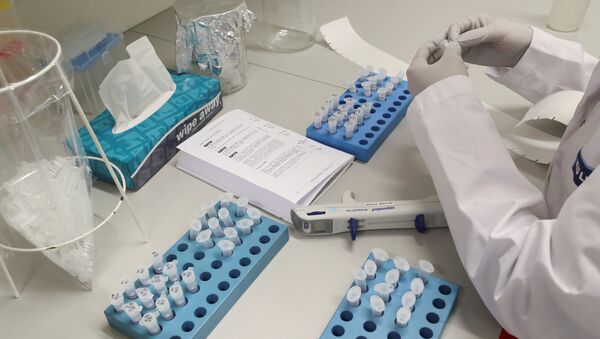The researchers found that Chinese patients who received the treatment, a combination of the drugs lopinavir and ritonavir, did not show statistically significant clinical improvement of coronavirus symptoms compared to those who received standard care. However, the drugs were not tested against a placebo, which is considered the gold standard to determine the effectiveness of a new treatment.
All the patients involved in the study were treated at the Jin Yin-Tan Hospital in Wuhan, where the pandemic first started.
“A total of 199 patients with laboratory-confirmed SARS-CoV-2 [COVID-19] infection underwent randomization; 99 were assigned to the lopinavir-ritonavir group, and 100 to the standard-care group. Treatment with lopinavir-ritonavir was not associated with a difference from standard care in the time to clinical improvement,” the study explains.
The study also found that those who received the lopinavir-ritonavir combination experienced more adverse side effects, with around 14% of them having to stop treatment due to complications like acute kidney failure, acute gastritis and sepsis, for example.
According to Dr. Lindsey Baden and Dr. Eric J. Rubin, editors of the New England Journal of Medicine, the test was a “heroic effort” even though the “trial results were disappointing,” Reuters reported.
Researchers across the globe are racing to find a cure for the deadly disease.
Australian researchers on Wednesday announced that they would begin conducting human trials for promising drug treatments for the COVID-19 virus at the end of this month. Coronavirus patients will be given lopinavir and ritonavir, the same drugs found to be ineffective in the Chinese study, but they will also be administered chloroquine, a drug used to treat malaria. The drugs have been shown to kill COVID-19 in lab tests.
The World Health Organization announced on Wednesday via its Twitter account that a COVID-19 vaccine trial has been launched, around 60 days after the genetic sequence of the coronavirus was shared. China’s National Medical Products Administration on Tuesday also approved the start of clinical trials on a coronavirus vaccine developed by the Academy of Military Medical Sciences from Wuhan.

